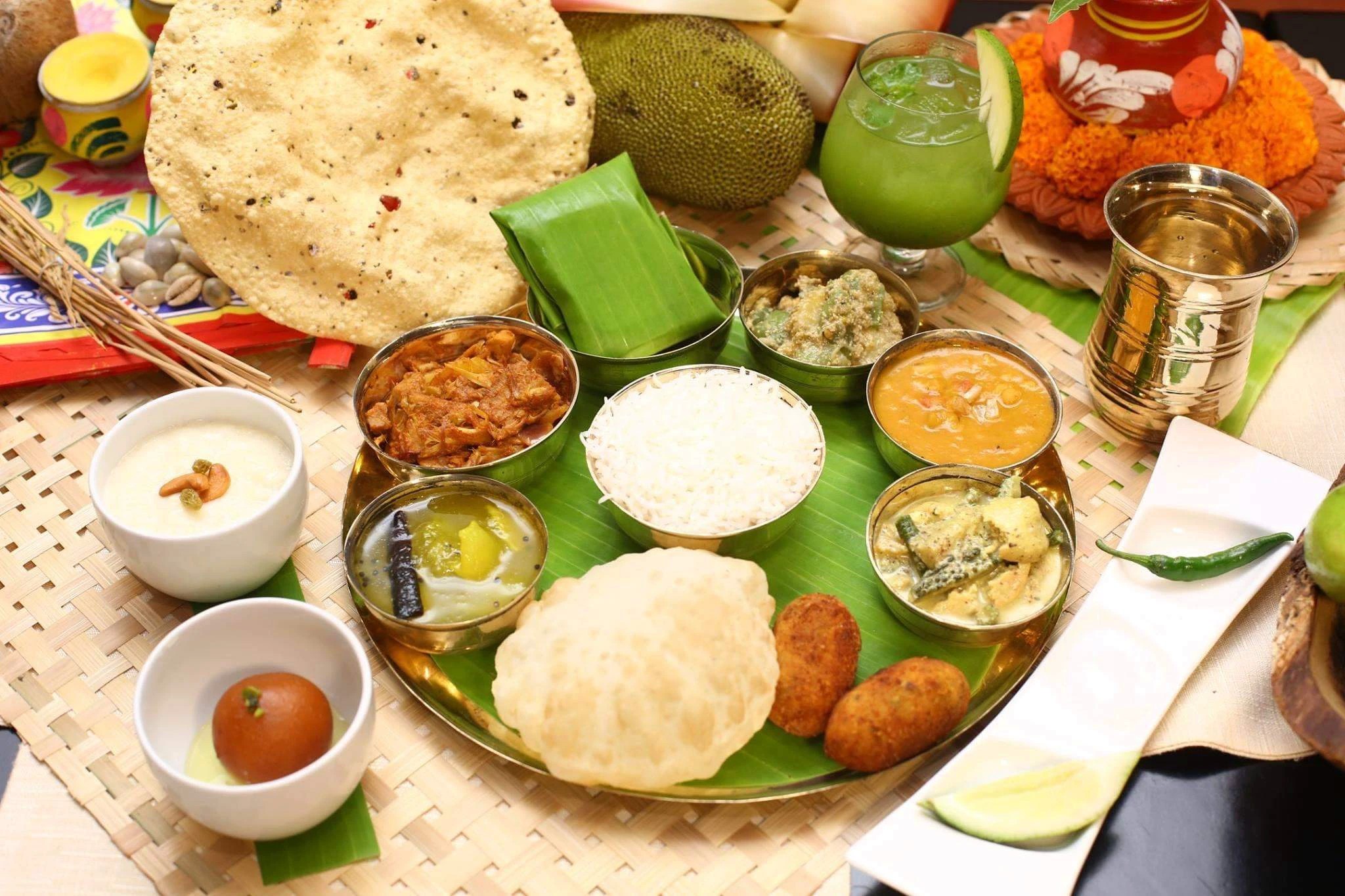The history behind this day:
The origin of Pohela Boishakh goes back to the Mughal reign of Emperor Akbar. At that time all
agricultural taxes were collected according to the Hijri calendar, which differed with the harvest
cycle. For this reason, farmers struggled to pay taxes out of season. To justify tax collection,
Akbar ordered a reform of the calendar. The New Year became known as “Bangla Year”,
generally known as “Bongabdo”. It was customary to clear up all dues, taxes, and loan payments
on the last day of the Bengali Year (the last day of Choitro). On the pohela boishakh, the
landlords used to distribute sweets among their tenants, and businessmen and shopkeepers
would open a new book of accounts called “Halkhata” and lock their old ones. Since then people
started celebrating the beginning of a new year with happiness and joy.
Importance of this day:
Nowadays the most gorgeous celebration of Pohelaboishakh occurs in Dhaka. The celebration
starts at dawn with the beautiful performance of Chhayanat with Rabindranath Tagore’s song
“Esho hey Baishakh” under the banyan tree at Ramna. A traditional colorful procession
organized by the students of the Faculty of Fine Arts (Charukala) of Dhaka University floods the
roads in the morning. The procession has a different theme relevant to the country’s culture and
politics every year. People carry colorful masks and sculptures and join the procession bursting
with joy and spirit. Women wear white sari with a red border and men wear Punjabi pajamas.
These are the signature attires of our Bangladeshi culture. Girls beautify their appearances with
colorful flowers and children draw paintings on their faces. The busy roads of the city become
crowded with thousands of people, walking, eating, and greeting each other.
How the day is celebrated:
The boishakhi fair has become an inseparable part of the Pohela Boishakh tradition. In both
cities and villages, people of all ages crowd around a boishakhi fair. Different stalls are put up to
display various toys, showpieces, fancy items, etc. The ferries wheel is the major attraction of
such a fair. People of all age love to ride on a ferry\'s wheels. Beautiful handmade masks and
traditional handicrafts are sold. Moreover, people celebrate their love for Bengali culture by
eating traditional foods such as “Panta Bhat” (rice soaked in water), green chilies, onion, and
fried Hilsa fish. Traditional pitha, Natasha, muri-murky brings back rural flavor to our mouth.
Jatrapala is staged and Jari, and Sari songs are performed by sufi and folk singers. Puppet
shows and magic shows amuse and entertain people.
Other traditional events held to celebrate PohelaBoishakh include bull racing in Munshiganj,
wrestling in Chittagong, boat racing, cockfights, pigeon racing, etc.

